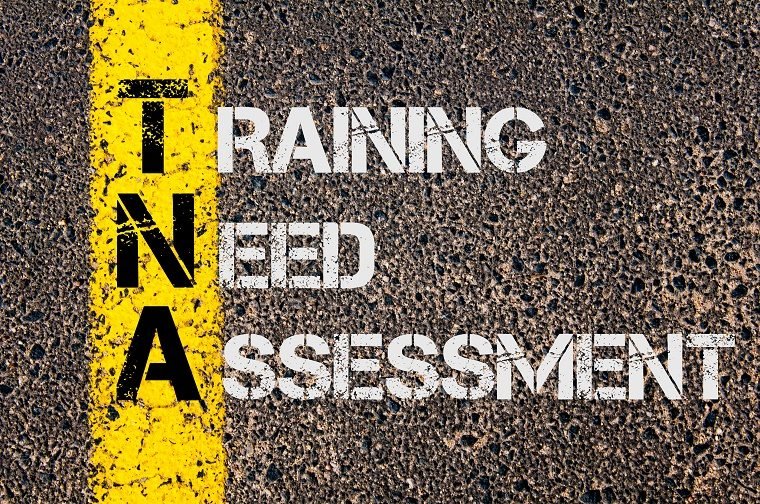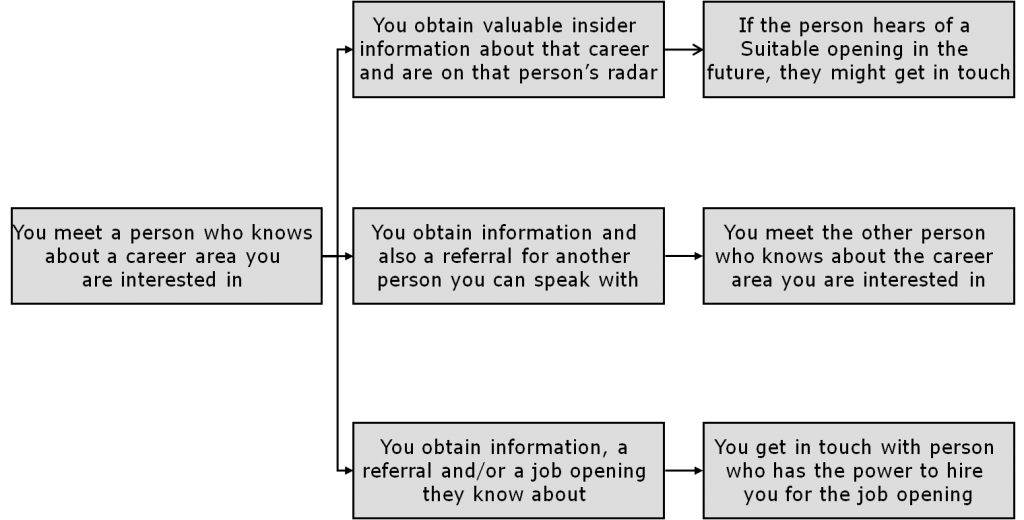Ten years ago, I would have bet good money that I would never earn a bachelor’s degree. For more years than I can remember, I wanted to go back to school, and oftentimes even said if I were rich and never needed to work, I would be a student for the rest of my life. The reasons I hadn’t pursued higher education were:
- I was convinced I wasn’t smart enough to earn a degree. Since I did poorly in high school, it was a “given” that I was too stupid to do anything.
- I could never afford to pay for a college education, and didn’t know the first thing about student financial aid.
- I was under the impression my prior credits were only good for 20 years, and had no intention of repeating the “Introduction to Everything” classes, I took after high school.
- I had no idea what I would major in. I had no goals or objectives in mind; I simply like learning about different subjects and new things.
In short, my wish came close to being true. From June 2005, through March 2010, I was a student, pursuing a degree, online. Had it not been for the innovation of “virtual education,” I could never have made one of my dreams come true.
How it all came about isn’t important. What’s important is the fact that I did it, and did it very well! Of the 32 total classes I completed, I received 27 grades of “A,” and 5 grades of “B.” Pretty good for a gal who barely graduated high school. Besides giving me the credibility I lacked, I gained something much more valuable than just education alone. I finally had confidence in my abilities, and the unconditional sense of self-worth it gave me knowing once and for all, I was NOT stupid!
Whether Online vs. Traditional Education Is Better, Depends On Your Specific Situation
While it is evident that online education has become extremely popular, especially in the last five years, there is still much deliberation over which is better — online programs, or programs from the more traditional brick and mortar schools.
This is not a situation where the answer is black or white. Furthermore, it’s almost like comparing oranges to apples, because which choice is better depends on the particular person, his or her situation, and the specific type of program. I don’t think I’d want my surgeon or dentist to have received their entire education online! Clearly, there are certain disciplines not at all appropriate to do online. Any program where a considerable amount of laboratory work or “hands on” training is required, is best pursued on a campus, not in front of the computer. On the other side of the coin, a program such as writing couldn’t be better suited to do online.
Online Education Is More Flexible And Accessible
One of the greatest advantages of online education is it can be done from anywhere, at any time. People who otherwise would never be able to attend school, for numerous reasons, now are as close as the keyboard of their computer. What’s more, even if a suitable brick and mortar university is within your vicinity, going online enables you to apply to any school, anywhere, as you are not limited by location. I am the perfect example. The University of Wisconsin has its main campus within a 10-minute drive from my home. We also have a wonderful private college, in town, and one of the finest technical colleges in the Midwest. Yet, I chose to study online.
The Average Age of Participants Is Higher, For Online Degree Programs
An advantage not found in any of my research, and something I hadn’t considered when I first enrolled; it was more common to find younger, right out of high school students attending campuses, while I was surprised to find the average age group of my fellow online classmates, across the board, to be in their 40s, 50s and even 60s. The majority of online students are “older,” working professionals, people in the military, or mothers with small children, all wanting a higher education, but due to other commitments had put it off, just like I did.
You Can Tailor The Pace Of Online Education To Meet Your Requirements
Most online degree programs can be accelerated, so doesn’t have to take four years to earn a degree. Of course, if you prefer a slower pace, then you do have the option of spreading the courses over a few years.
I went for the faster option. My studies focused on the skill set needed for my profession, in the real world. What is more, both online schools I attended did not follow a typical semester schedule. Instead, each class was six weeks long, which meant I had to take a class each session. After every two sessions, a weeklong break was built in, and twice a year, I had two weeks off.
While the faster pace isn’t for everyone, since they cram a lot of work in that six-week session, I could complete eight courses in a year, giving me 24 credits, instead of four or five classes, on a campus, giving me only 12 or 15 credits. Since it was very difficult for me to focus this intensely on more than one course at a time, taking one every six weeks suited me just fine.
No Exams
Another great advantage, typical of schools providing the accelerated schedule, is they don’t have tests or exams. You heard me. All assignments were project based. I wrote essays, reports, reviews, letters, memos, etc., participated in discussion board conversations, [same as any group forum] incorporated graphic elements into text, and did power point presentations. I never read so much, so fast, in my life. This was probably the most demanding task, since every week was a new unit. With every unit came a new unit’s worth of reading, and one to three written assignments. Often times, it became tremendously difficult to keep up with the work, and because there was hardly a minute of additional time, when I fell behind [and I did quite often] it was almost impossible to catch up.
Many online programs do have exams though. They will typically have a few examination locations around the world and you would need to travel to the location closet to you, to take the exams.
Beware of Online Degree Mills
When looking into online schools you must be careful not to be scammed by “degree/diploma mills.” These are fraudulent institutions (?) that sell unaccredited degrees, for a “small” fee. You answer several questions, and they tell you which level degree you are qualified to earn. I could have a PhD, for $500! They are phony as a three-dollar-bill. Thankfully, they are not as prevalent now as when online education first started.
So make sure the online school you want to attend is fully accredited. There are several different types of accreditation, which I don’t understand, but all you need to do is check their accreditation status and reputation on the Internet. A major clue that a school is not accredited is if they do not have federal student financial aid available. That is a dead giveaway.
Money, Money, Money
Cost is the biggest difference between online and traditional education. While the tuition at some online schools is as much as brick and mortar institutions, you don’t have to pay for housing, travel, time, etc. When I was looking into graduate programs, at various schools, I paid close attention to the cost per credit hour. I found huge variations in charges. Two schools I was particularly interested in had almost identical programs for technical and professional communications. However, one had tuition of $900+ per credit hour, while the other was around the $350 figure. Since most courses are three credits, I would be paying almost $3,000 to take one class, while it was only about $1000 at the other school. The school charging the outrageous costs couldn’t really justify why it was so high.
Pay strict attention to how much tuition is, per credit, as some institutions like to give a cost per program. Break it down, because you may find out you are being ripped off! In all my experiences with online universities, an average cost is somewhere between $350 and $500 per credit. Any more or any less than that, I’d be very suspicious.
The first online school I “attended” included all materials. I didn’t have to purchase textbooks for each class. At first I thought this was great; however, don’t be fooled; those costs are built into the price of tuition. The school where I earned my BS degree, did not include textbooks, and other than specific journal articles, etc. Almost every course required a hard copy book; often several. Another lesson to be learned, never purchase materials through the school’s bookstore. I found every single text I needed on eBay or Amazon, for pennies on the dollar — and I’m not talking about used books, in terrible condition, but new or as good as new books.
I never paid more than $30 for a textbook, which would have cost $150 through the school. You can also resell them; however, I love books; still have every single textbook, and used many of them as reference materials for articles and such.
Student Placement And Services Offered, Is More Comprehensive For Traditional Education
Online schools offer a long list of services to students, however, it can’t be as comprehensive as traditional education. Each student is assigned to a student advisor, who is the “go to” person with any problems, issues, questions, etc. My advisors were indispensible sources of advice and answers for me. I also had access to some of the finest online libraries and sources for research. Most online schools have career centers that help with things like writing a resume, interviewing, and so on, but none had genuine job placement services. So you’re left to yourself for the job search.
No Community, Campus & Extra-Curricular Activities For Online Students
When people describe their traditional education experience, more than the actual education, they cherish and value all the other activities, people and experiences they were exposed to. It is a very rich experience and one which is missing in online education.
Educational Quality Of Online And Traditional Education Is Similar
The quality of online education vs. traditional education is like anything else. There will always be some that are excellent and others not so good. Even though virtual education is a fairly recent manifestation, the quantity of programs has increased by leaps and bounds (and is as good as traditional schools). Students who take classes online do just as well, if not better than students who are on campus.
Furthermore, online instructors are highly qualified. They are required to have at least a Master’s degree, but most even have PhDs. What’s more, they don’t need to have teaching degrees, per se, but rather significant practical experience working in the field they teach. I can’t recall one professor I had that wasn’t thoroughly qualified to teach the class.
My feeling is online degree programs students must be more focused, more determined, more motivated, and have a significant amount of self-management and time-management skills. The quality of your education and grades you get are totally up to how committed and serious you are about your education. There is no one kicking you in the butt, making you do anything!
Online Education Has Made Great Strides In Popularity And Recognition
A report about online degree programs stated that during 2008, over 4.6 million students were enrolled in at least one online course, an increase of 17% from the previous year, far beyond the 1.2% advancement of the general higher education enrolments.
Not too long ago there was much controversy over whether online degree programs were as worthy as traditional degrees, from an employers point of view. A 2008 survey showed that 83% of employers and hiring managers said they would hire someone who earned a degree online. Many corporations even have agreements with certain online institutions to provide online courses for their employees, at a discounted rate.
There’s been extensive research into the quality of online education, and now it’s finally been proven that there is no major difference between the results of online verses face-to-face education. The studies determined that quality of the education and what the students learned were much more dependent on the merits of teaching and how much effort the student puts into the work. It had little to do with where or how the education takes place.
That being said, all things being equal, I think deep down people will always view traditional education more favourably. If there were two candidates looking for a job and everything about them was similar, except that one person had an online degree and the other a traditional degree - I think a company would hire the person with a traditional degree. What do you think?



